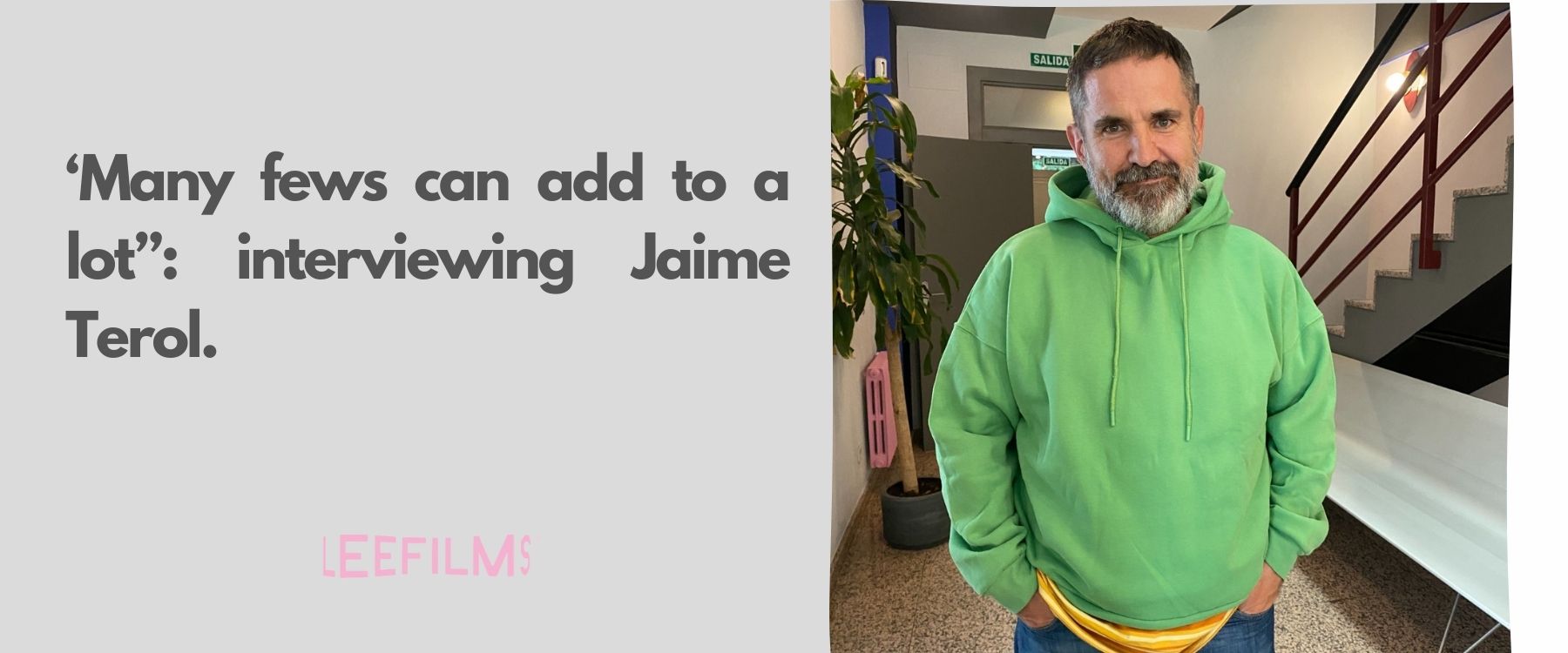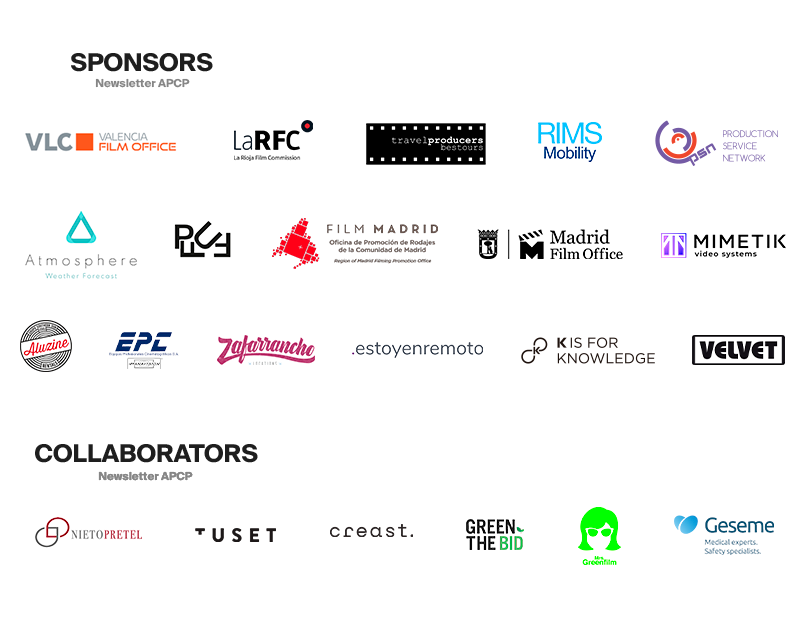
One of the main challenges that the audiovisual advertising film industry faces is the timings of the industry. From a sustainability standpoint, this speed and the tight deadlines entails a decrease in the time of response in some situations, which can lead to taking an easy and fast decision that might not be the most fitting.
This week we have talked with Jaime Terol, Line Producer at Lee Films, and asked him about his opinion on this production field.
What are the main sustainability actions that you include in your working routine?
‘I come from a big family, and my parents have instilled in me since I was a kid that I should not waste resources: turning the tap off, turning off the lights, not wasting the heat or cool air of the room where we are, not throwing food away, taking care of the environment, not making a mess, cleaning after yourself, taking care of your possessions and those of others, respecting animals… However, this is not only about sustainability, it is basic education. I also try to eat at home for health reasons, as well as shorting out and recycling residues, printing less, maximising the company’s resources…
It is the way I was raised that made me include these types of actions not only on my personal life, but in my working life as well’.
What encourages you to keep doing it up to this day?
‘I think that I am doing what is right and that many fews can add to a lot’.
Do you think that the number of professionals that care about sustainability is rising?
‘It is rising, but there still is a lack of individual awareness’.
What do you think is the best way to rise participation regarding this topic?
‘The best way is to raise awareness. Trying to explain that by adding many individual efforts, even the smallest ones, we can get noticeable outcomes’.
Is it possible to implement these sustainable habits to the projects if it is not done from the beginning and in a strategic way?
‘I think that this incorporation must feel natural for it to be believable. If not, it all feels a little like The Truman Show. Also, I do not like the front that some brands put that fails to match their policies, as well as their real take on the environmental and social impact produced by their activities’.
In your opinion, which is the biggest obstacle for creatives when it comes to this type of habits?
‘It is about introducing them in a way that feels natural. Once society has adopted these habits they will also naturally be implemented. However, as a media that influences people and the way they act, advertising films can work to make the audience perceive those habits as normal and introduce them into their daily lives. Advertisers can also ask for specific behaviours to be introduced into their commercial communications. This is already happening. Nevertheless, in my opinion, the basis of environmental education lies in the families and schools. If they fail to instil it, correcting certain behaviours can be tricky’.
There is still a long way to go, but this is the time of change. It is a slow process that will need some time to evolve, just like many others, but we are moving forward and society is becoming more aware. It is not only about doing what you are asked to do, but about perceiving these habits as something present in everyone’s day-to-day lives, as well as in all aspects of people’s lives, like work.



